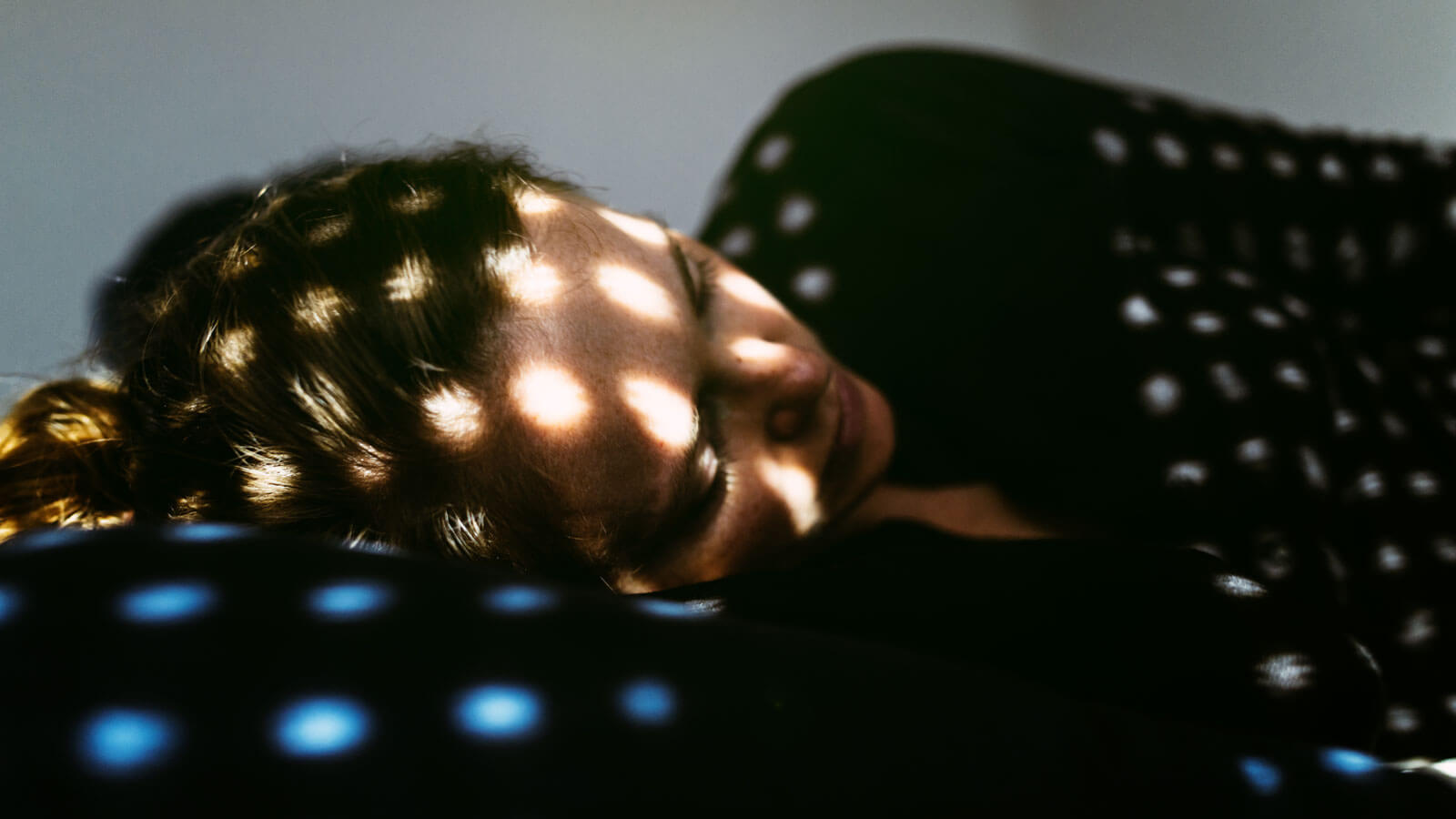Gender Differences in Coping with Migraine

Imagine having a condition that impacts your everyday life and realizing your gender could shape your experience and approach to managing it. This is the reality for many with migraine, as revealed in a recent episode of the National Headache Foundation (NHF) InSights podcast hosted by Pfizer.
The episode delves into an NHF survey of 1,001 people with migraine that examined the impact of the condition on people's lives. The findings highlight the debilitating nature of migraine, including the stark differences in how men and women endure and cope with this condition.
Different Challenges and Experiences
When we think about migraine, we don't often consider gender. But in examining the NHF survey, we see striking differences in how men and women feel about and deal with migraine. Based on the results of the survey, women with migraine often face significant mental health challenges. Many feel isolated and misunderstood by friends and family who don't grasp the severity of their condition. Though often confused with headaches, migraine is a serious neurological disorder that includes an intense headache as one of many symptoms. This misunderstanding can lead to an emotional toll just as crippling as the physical symptoms, such as nausea, vomiting, and sensitivity to noise and light.
Equally concerning is that women have more frequent and severe migraine attacks, yet they are less likely to see headache specialists. To make matters worse, women who suffer from migraine also frequently stop treatments because of side effects or because they don't seem to help. Enduring symptoms without seeking proper help could cause a vicious cycle in which women feel greater frustration and dissatisfaction with their migraine care.
In contrast, men approach migraine with a very different point of view. They don't usually avoid doctors, but they tend to downplay their symptoms and delay treatment. Many men often believe they can tough it out because they think the pain will be mild or feel they can't interrupt their activities to take medicine. They feel compelled to push through work and daily tasks at a higher rate than women convincing themselves that the discomfort will pass. But, on the contrary, this mindset of minimizing pain doesn’t lessen the severity of their condition and can cause a great disruption in their lives.
Bridging the Gender Gap in Migraine Care
Understanding how men and women experience migraine differently is crucial to addressing their unique needs. Pfizer is committed to promoting research to better understand these gender differences and raise awareness about the severity of migraine. By addressing these challenges, we can empower both men and women to express the true impact of their symptoms and help change the cultural understanding of migraine’s impact on people's lives.
For more insights into our findings, tune into the first ever NHF InSights podcast with award-winning neurologist Dr. Hope O'Brien, founder and CEO of the Headache Center, and Dr. Nicole Shaffer, DNP, CRNP-BC, COHN-S, FAOOHN, Director of Occupational Health and Wellness at Pfizer.
04.29.2025
04.28.2025
04.24.2025
04.21.2025
04.17.2025
